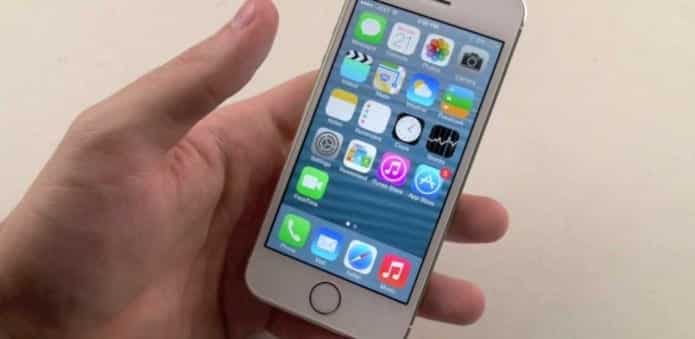iPhone users file a $5 million class action lawsuit against Apple saying its iOS update cripples iPhone 4s performance
A class action lawsuit was filed against Apple in a New York district court on Tuesday seeking over $5 million in damages for deceptive trade practices and false advertising. Plaintiff Chaim Lerman says that he and other iPhone 4s owners became unable to use their devices after upgrading to iOS 9.
According to the lawsuit, the plaintiffs were forced to either live with a “slow and buggy” device that “disrupts everyday life” or shell out hundreds of dollars for a new iPhone.
After upgrading, both first and third-party app loading delays are significantly longer as was general device performance and touchscreen responsiveness. Some also reported freezing and crashing of the iPhones as well. This bogging down of software performance is said to encourage users to upgrade their old devices to newer iPhones.
In reality, the complaint reads, iOS 9 considerably interferes with iPhone 4s performance, and as Apple security protocols does not allow users from downgrading, owners were compelled to select between an inoperable device or spending hundreds of dollars on a new version.
The lawsuit continues by also claiming false advertisement from the installation notes for the new update. The false notes advertised faster performance, enhanced security, longer battery life and other enticing features. The plaintiffs argue that Apple must have known about the iPhone 4s’ slower performance from internal testing or other means. However, the company’s ads, website and iOS update page fail to warn owners of older hardware, specifically iPhone 4s devices, of potential compatibility issues.
The same lawsuit is targeted at Apple’s ecosystem saying users are far more likely to buy a new iOS device than switch to a competition platform like Android. The plaintiffs argue that users don’t want to reinvest in non-transferable content such as apps and music.
This isn’t the first time Apple has been accused of planned obsolescence, as the company was hit with a lawsuit in 2011 regarding the iPhone 3G and iOS 4. That case was thrown out by the judge who ruled the iOS 4 update was not a “good or service” and dismissed claims of false advertising and deceptive business practices.
New York District Court Judge Sterling Johnson, Jr. is presiding over the case. No hearings have been set at this time.

